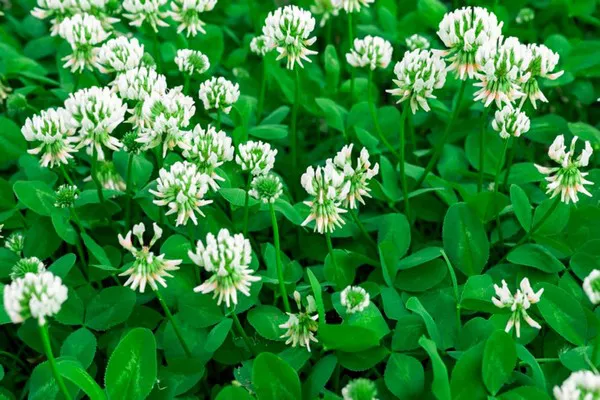A recent study has unveiled an unexpected consequence of declining pollinator populations: certain flowers are rapidly evolving to self-fertilize more frequently. The study, conducted by scientists in France, revealed that environmental changes leading to a drop in pollinators have triggered swift adaptations in flowers.
The focus of the study was on field pansies, common in Europe. The researchers found that modern versions of these plants exhibit a 27% higher rate of self-fertilization, or “selfing,” compared to pansies from the 1990s. Typically, these plants engage in sexual reproduction facilitated by bumblebees and other pollinators. However, they can resort to self-fertilization using their own pollen.
Selfing offers convenience to flowers as they no longer rely on external pollinators, such as bees. Yet, this process limits genetic diversity, unlike sexual reproduction, which allows flowers to mix their DNA, creating combinations that enhance resilience against diseases, droughts, and other challenges.
In addition to increased self-fertilization, the study identified a trend in pansies evolving toward smaller flowers with reduced nectar. These changes make the plants less attractive to bees, further reinforcing the decline in interactions with pollinators.
The surprising aspect of the study is the speed at which these adaptations occurred—within just 20 generations. Human activities, including the use of toxic pesticides and the reduction of pollinator-friendly habitats, were identified as key drivers affecting pollinators.
The potential shift of more flowers toward self-pollination could have significant repercussions on plant resilience. Dr. Pierre-Olivier Cheptou, the ecologist leading the study, emphasized that reducing insect-sustaining nectar could exacerbate the challenges faced by pollinators, making “a bad situation worse.”
Researchers not involved in the study expressed both impressiveness and concern over the results. Susan Mazer, a researcher at the University of California, Santa Barbara, found the findings “impressive, if disheartening,” and highlighted the additional pressure on flowering plants from rising global temperatures. However, the broader consequences remain uncertain, as flowers might choose alternative strategies to attract pollinators rather than resorting to selfing.


